Business and Corporate Law Case Study Assignment: HI6027, T1 2019
VerifiedAdded on 2022/11/26
|17
|925
|213
Project
AI Summary
This document provides a detailed solution to a Business and Corporate Law assignment, addressing two case studies. Part A examines a negligence claim against a bus line, analyzing duty of care, breach, foreseeability, exclusion clauses, and damages, with a focus on Jenny's injury and loss of enjoyment. Part B delves into the statutory and common law duties of company directors, as defined by the Corporations Act 2001 (Cth), and assesses the actions of directors in a case involving Vesna, Ilyych, Mikhail, Zvaid, and Sergey, highlighting breaches of fiduciary duty, including issues of discretion, conflict of interest, and misuse of information. The solution incorporates relevant case law, legislation, and legal principles, offering a comprehensive analysis of the legal issues presented.
1 out of 17
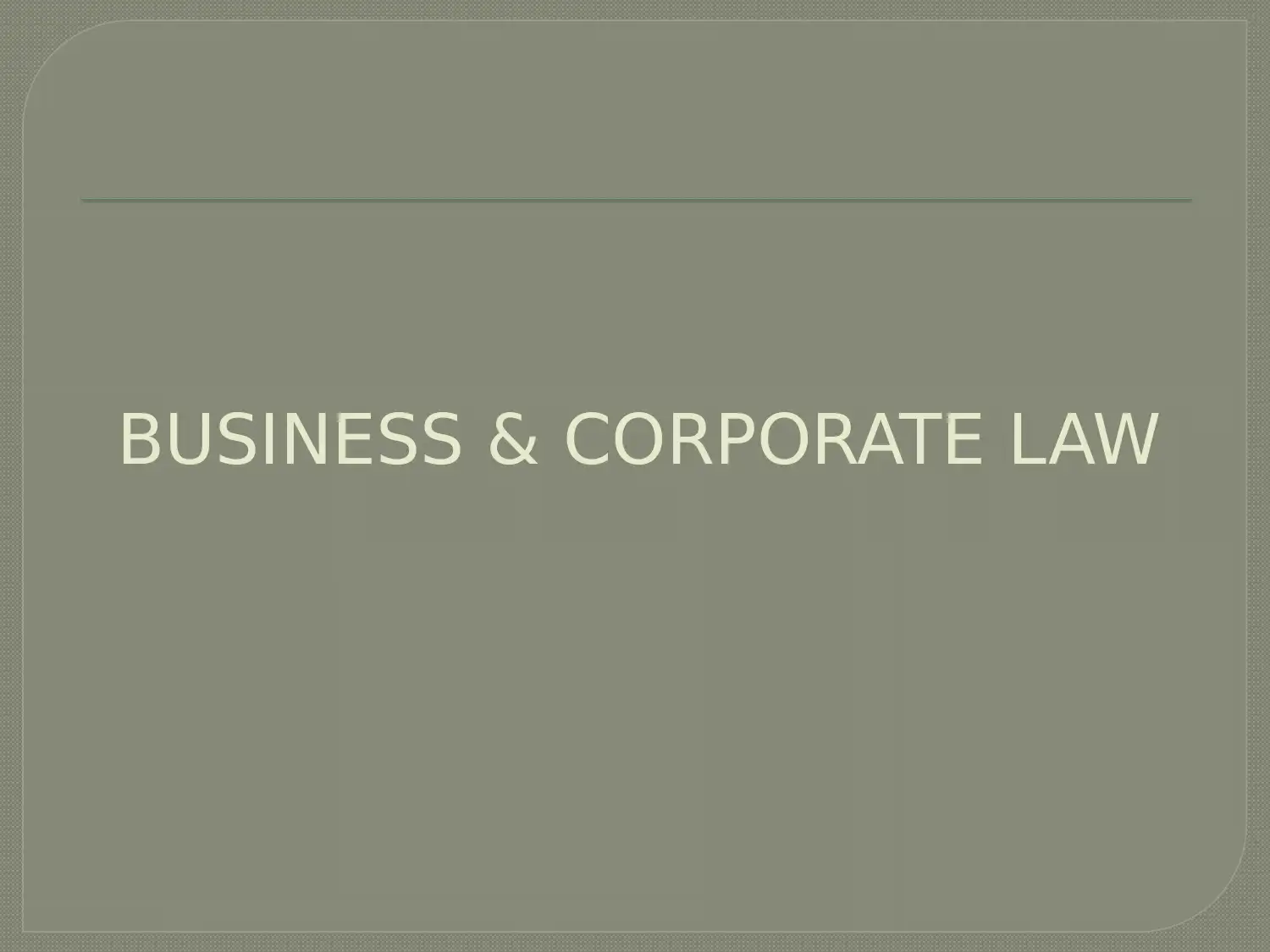
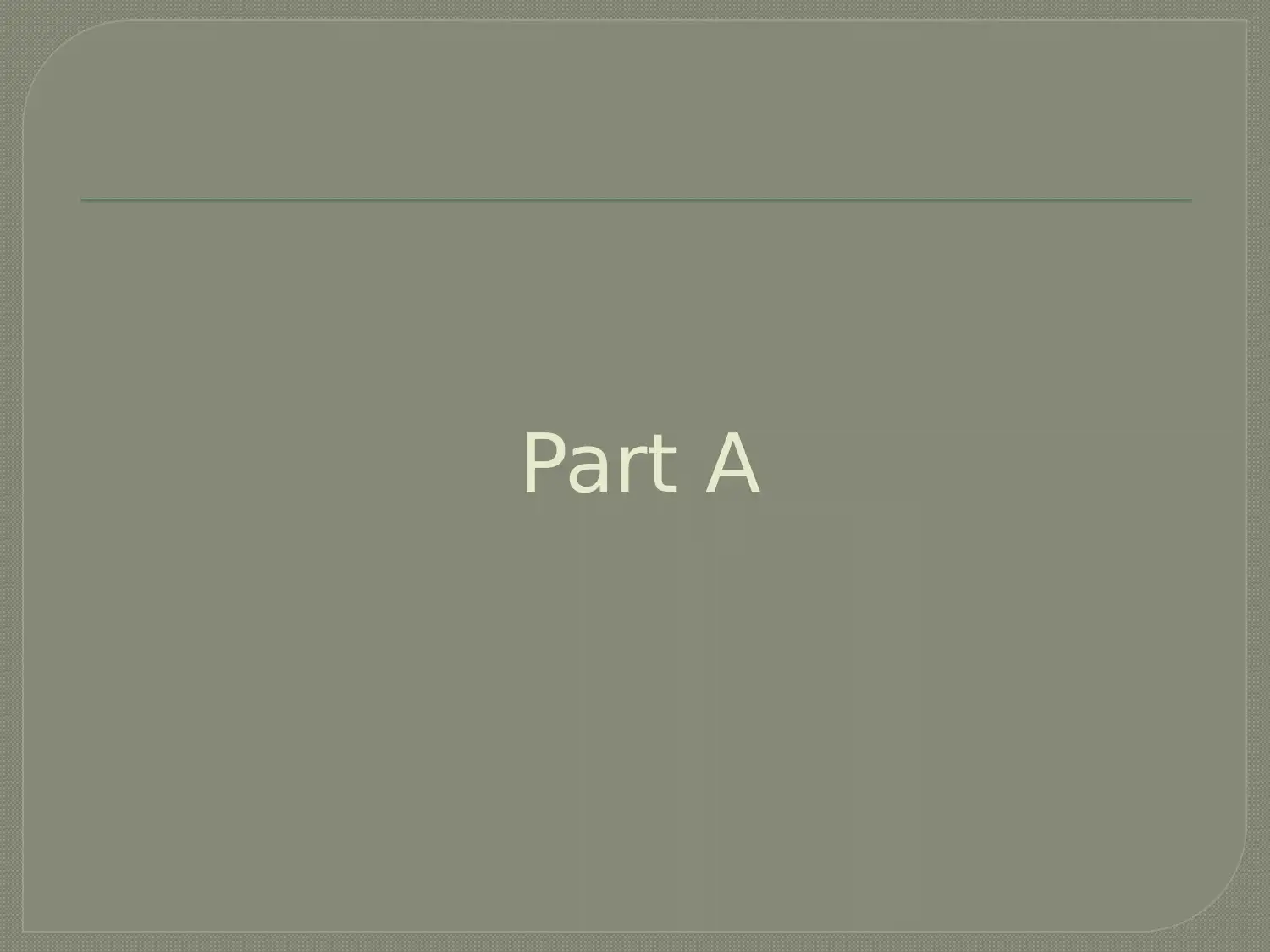
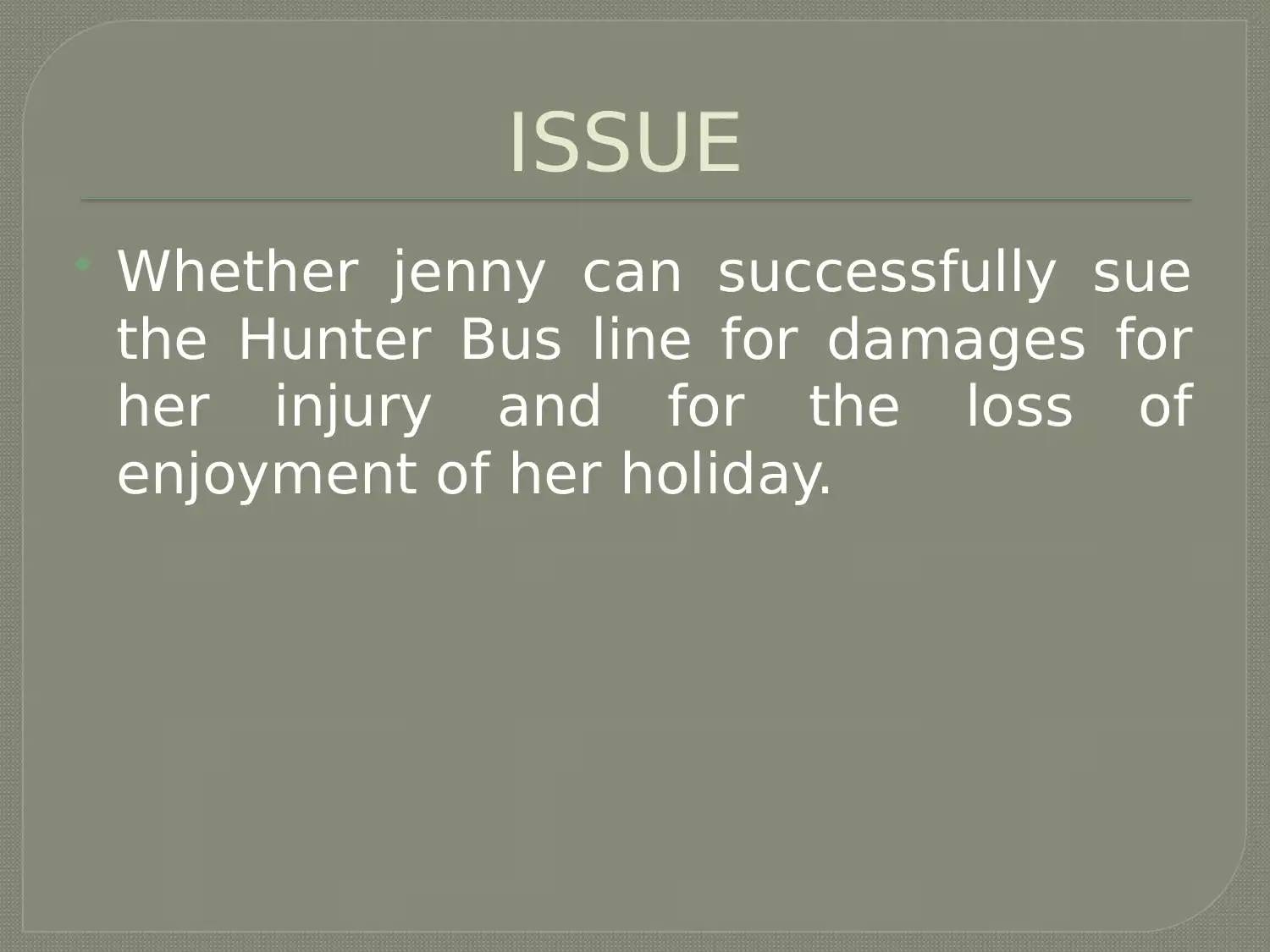

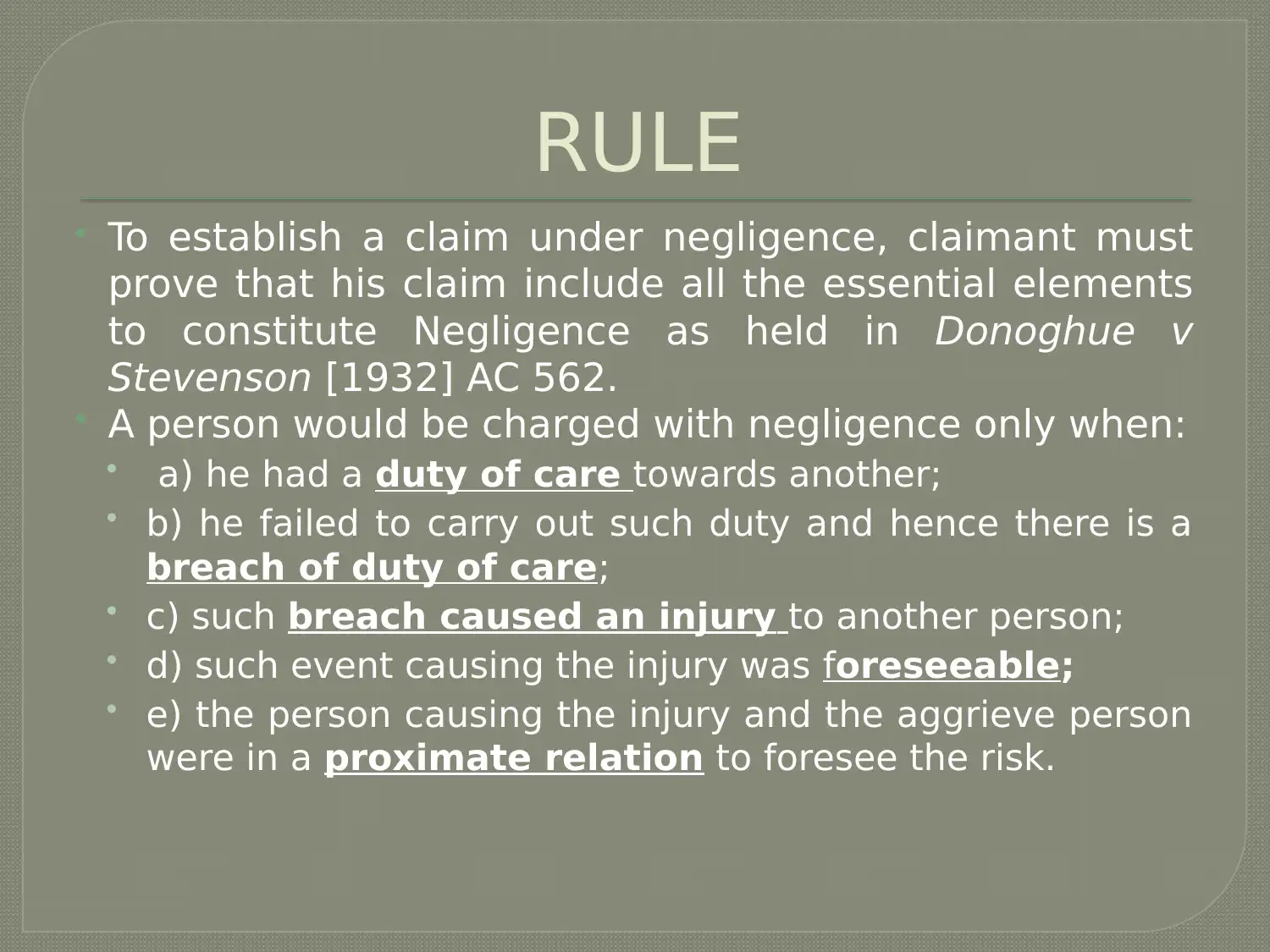
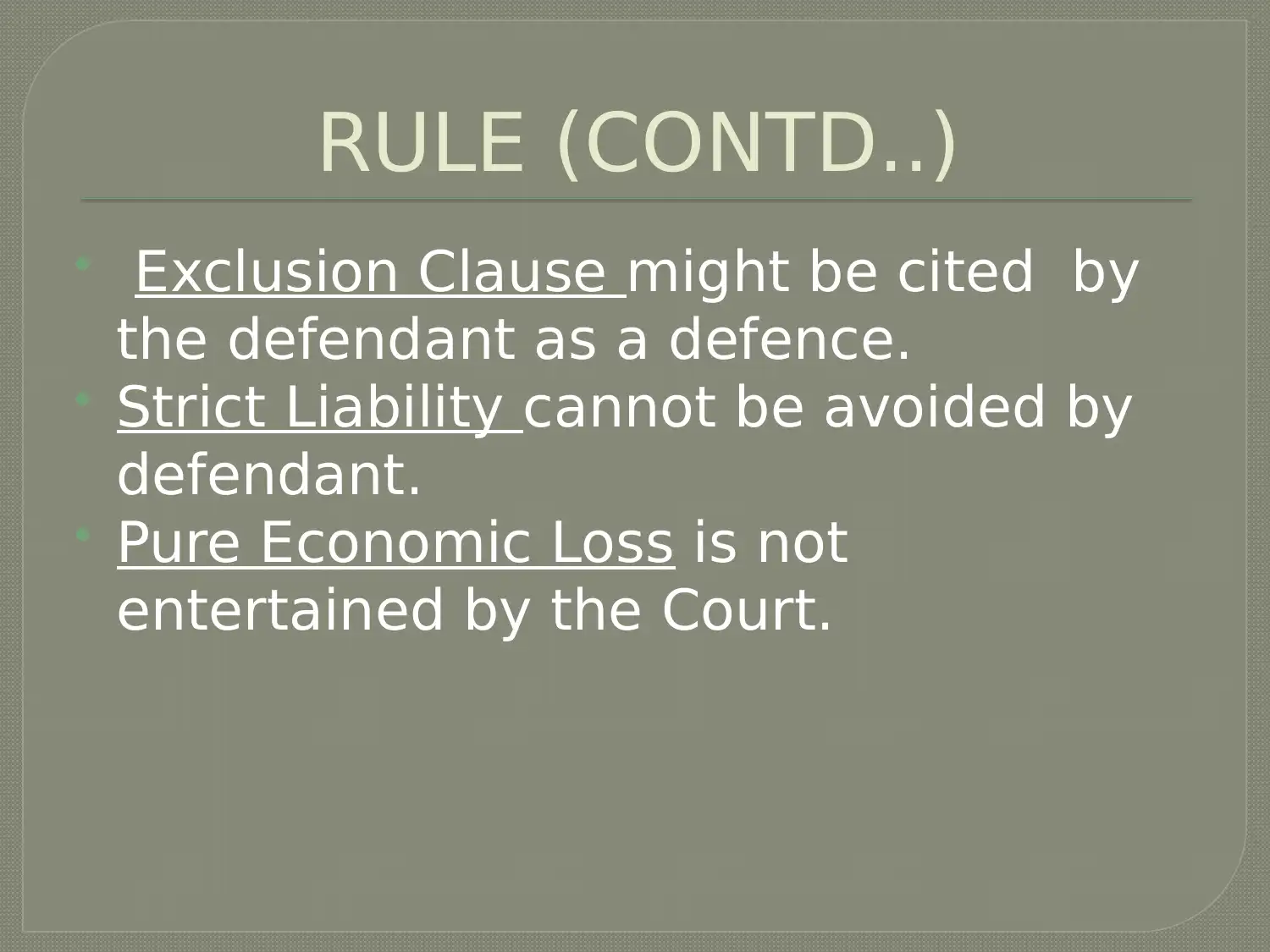
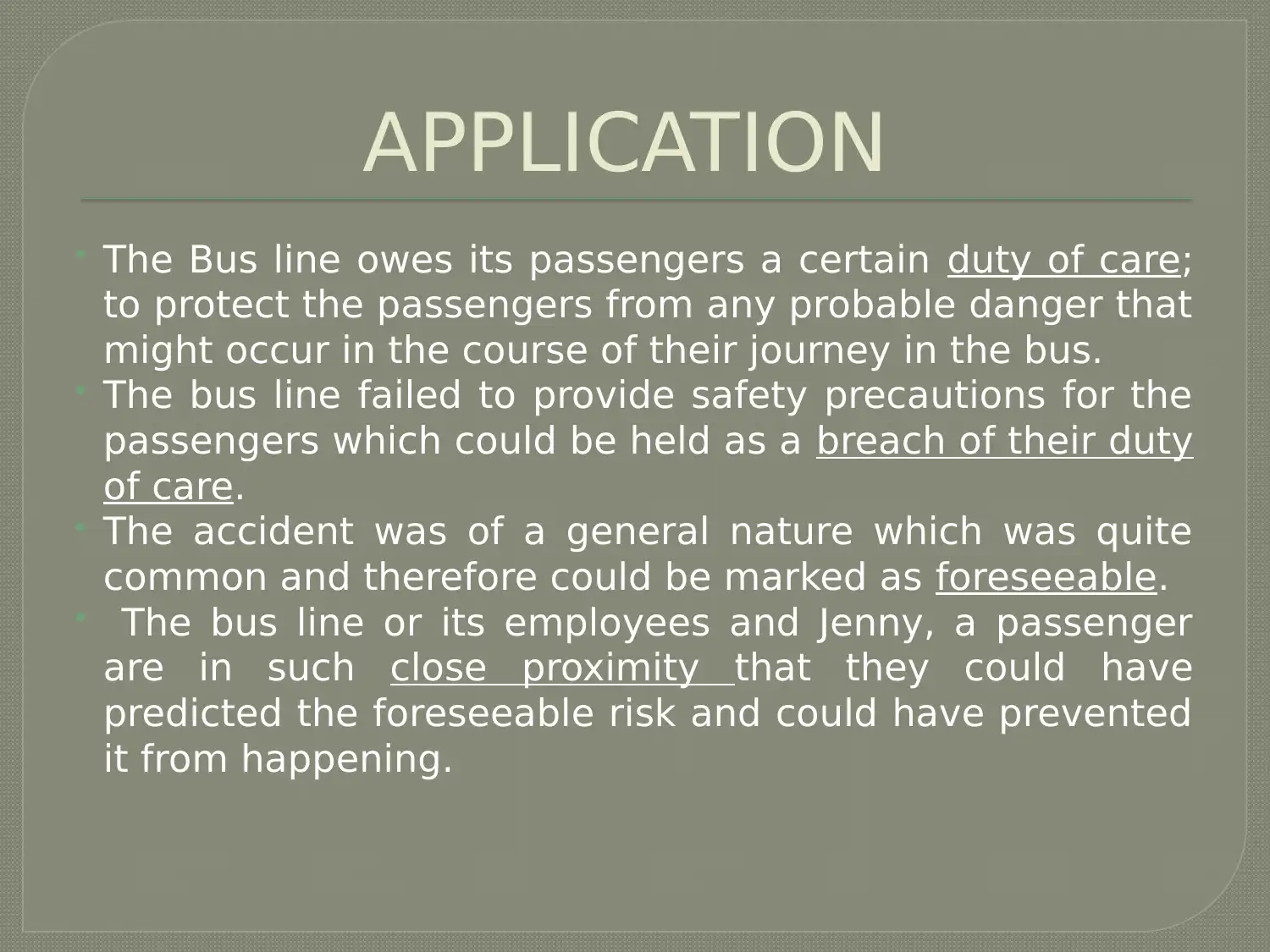
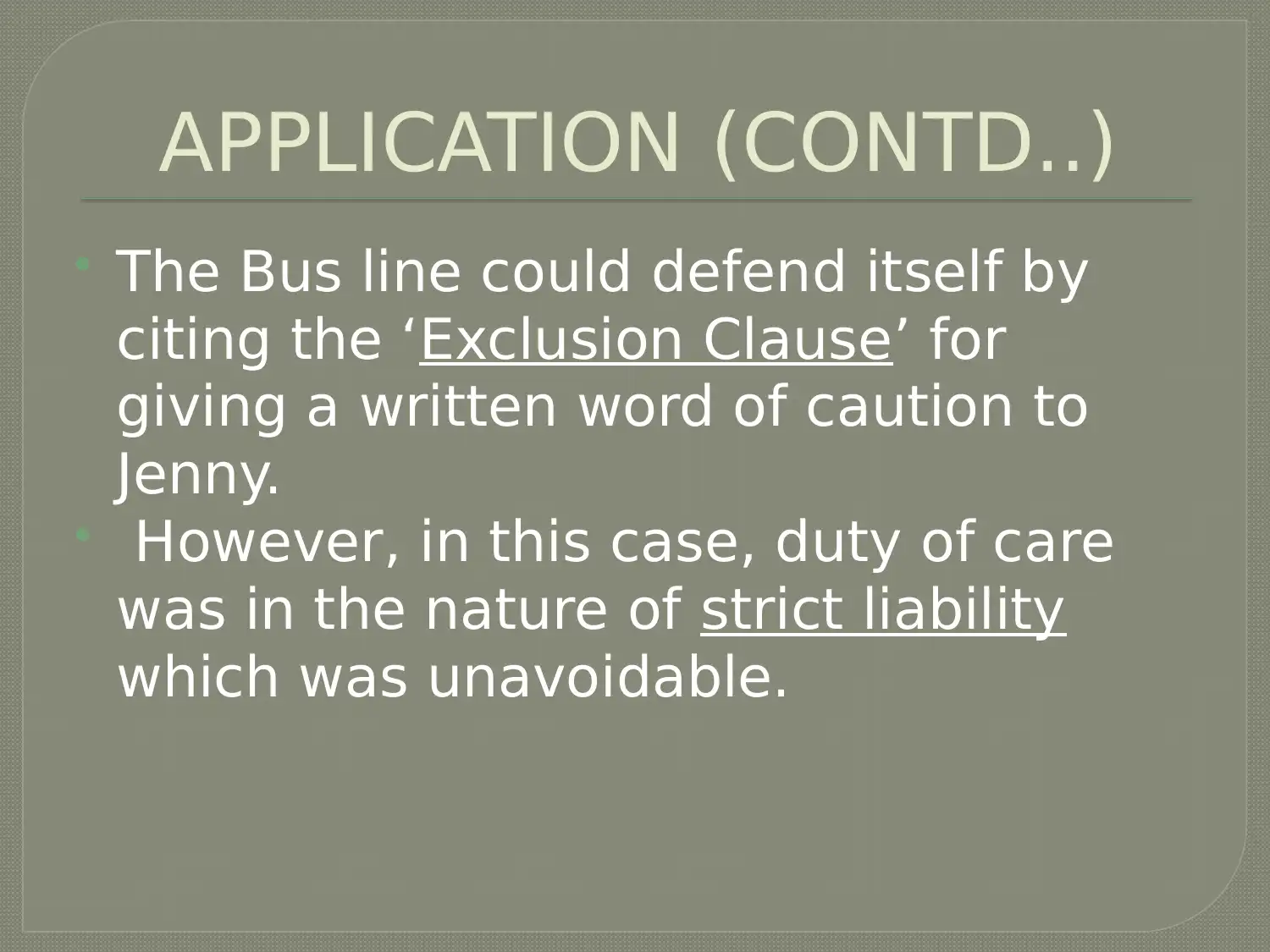
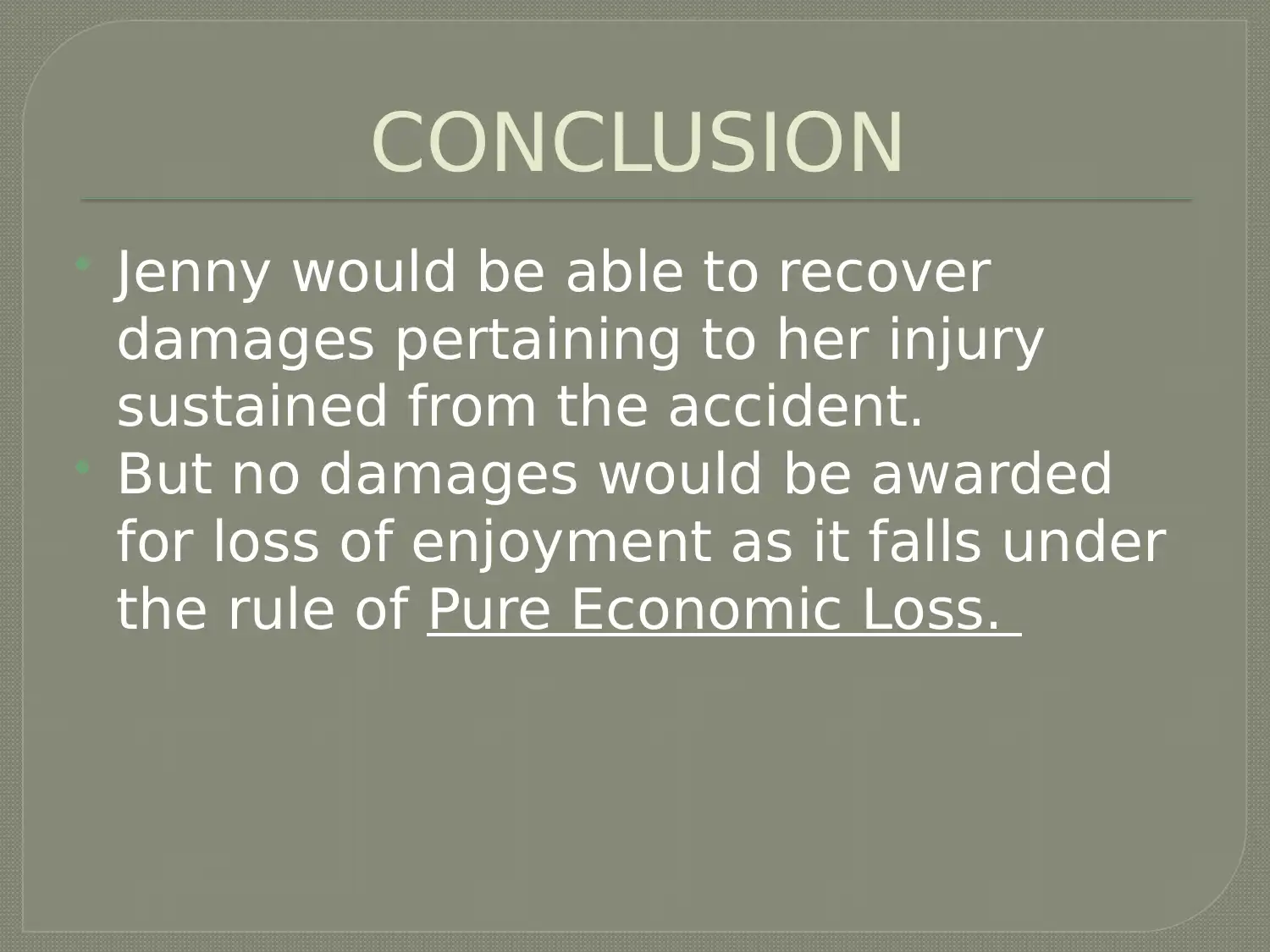
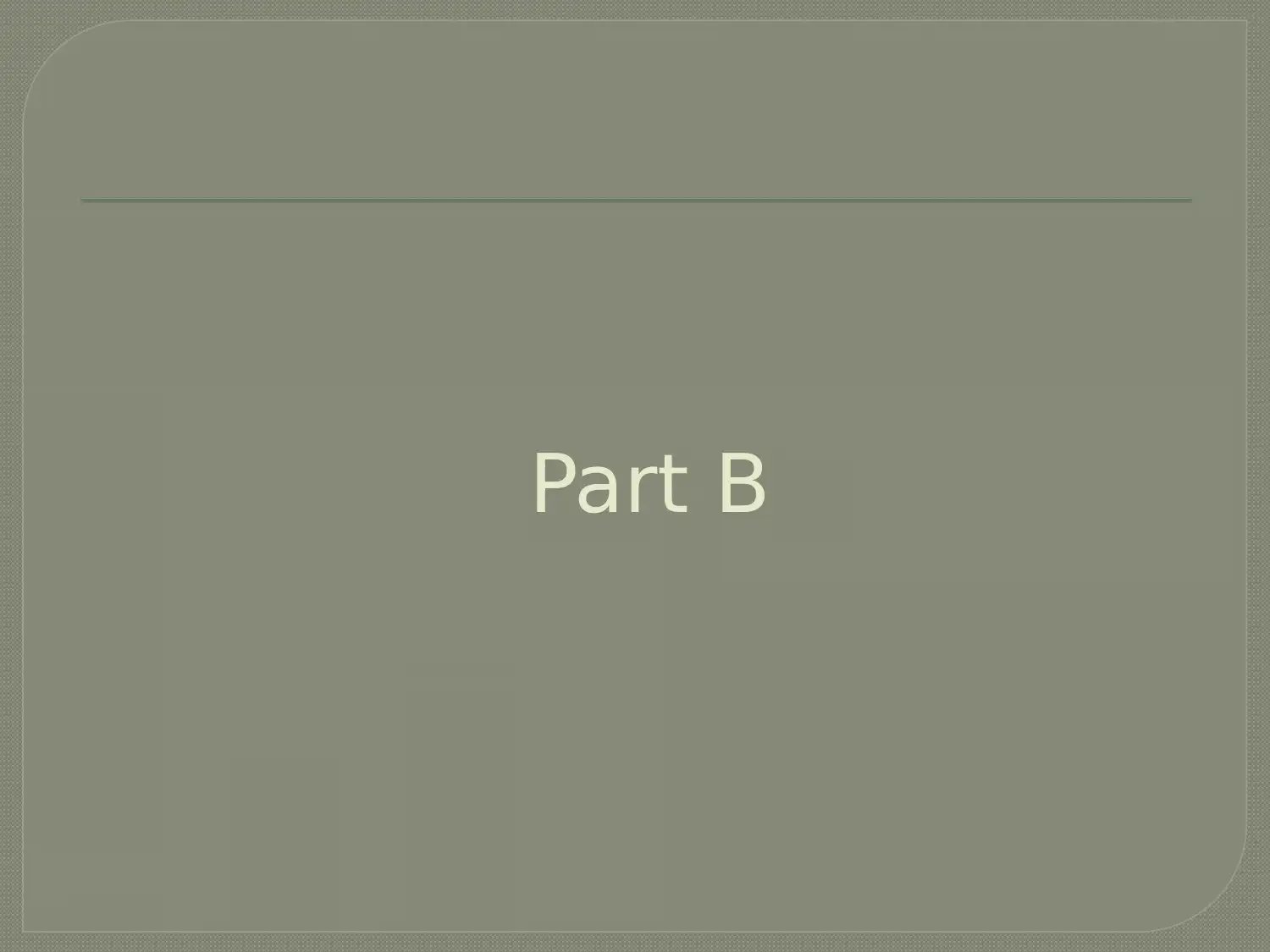
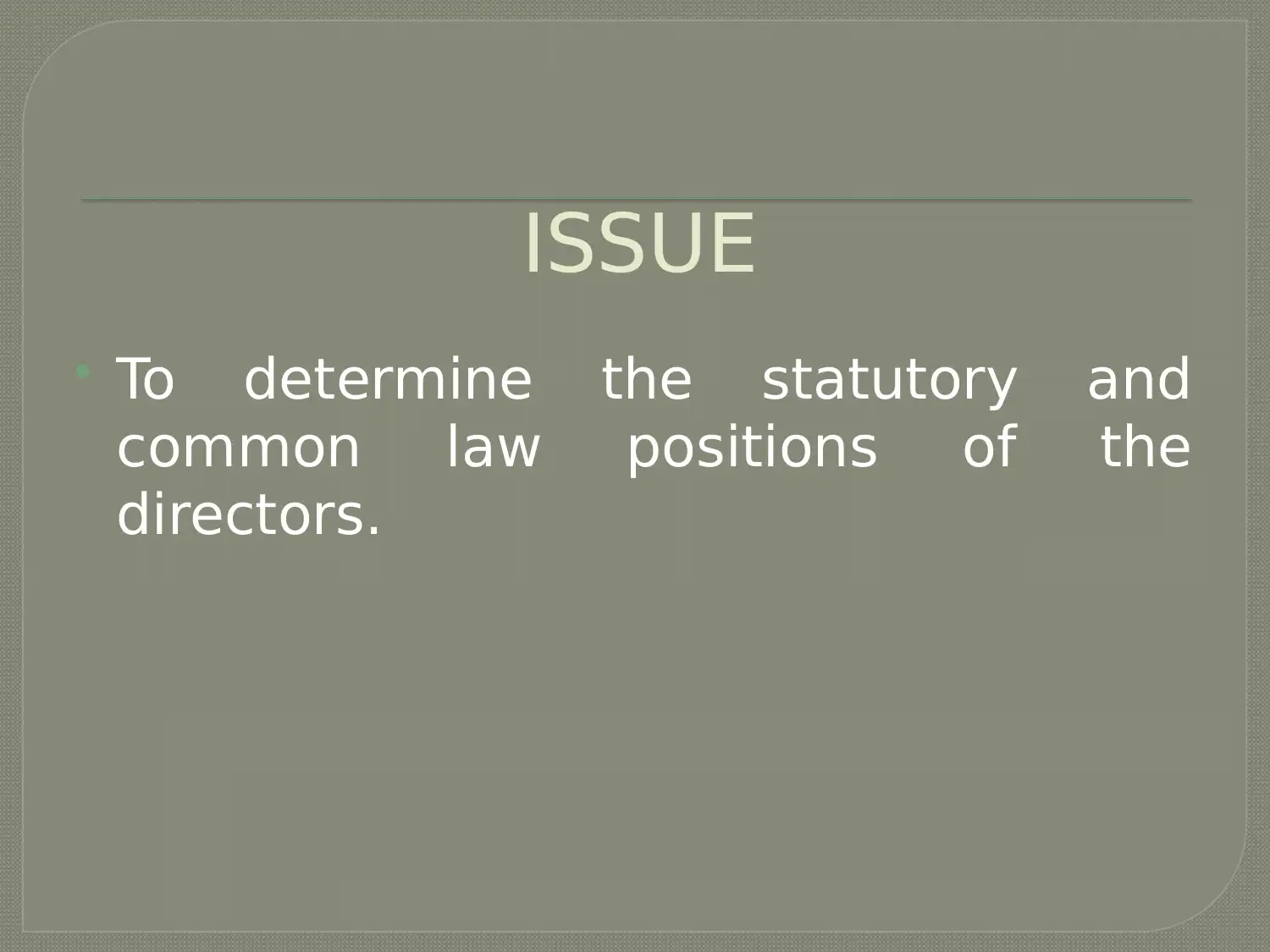
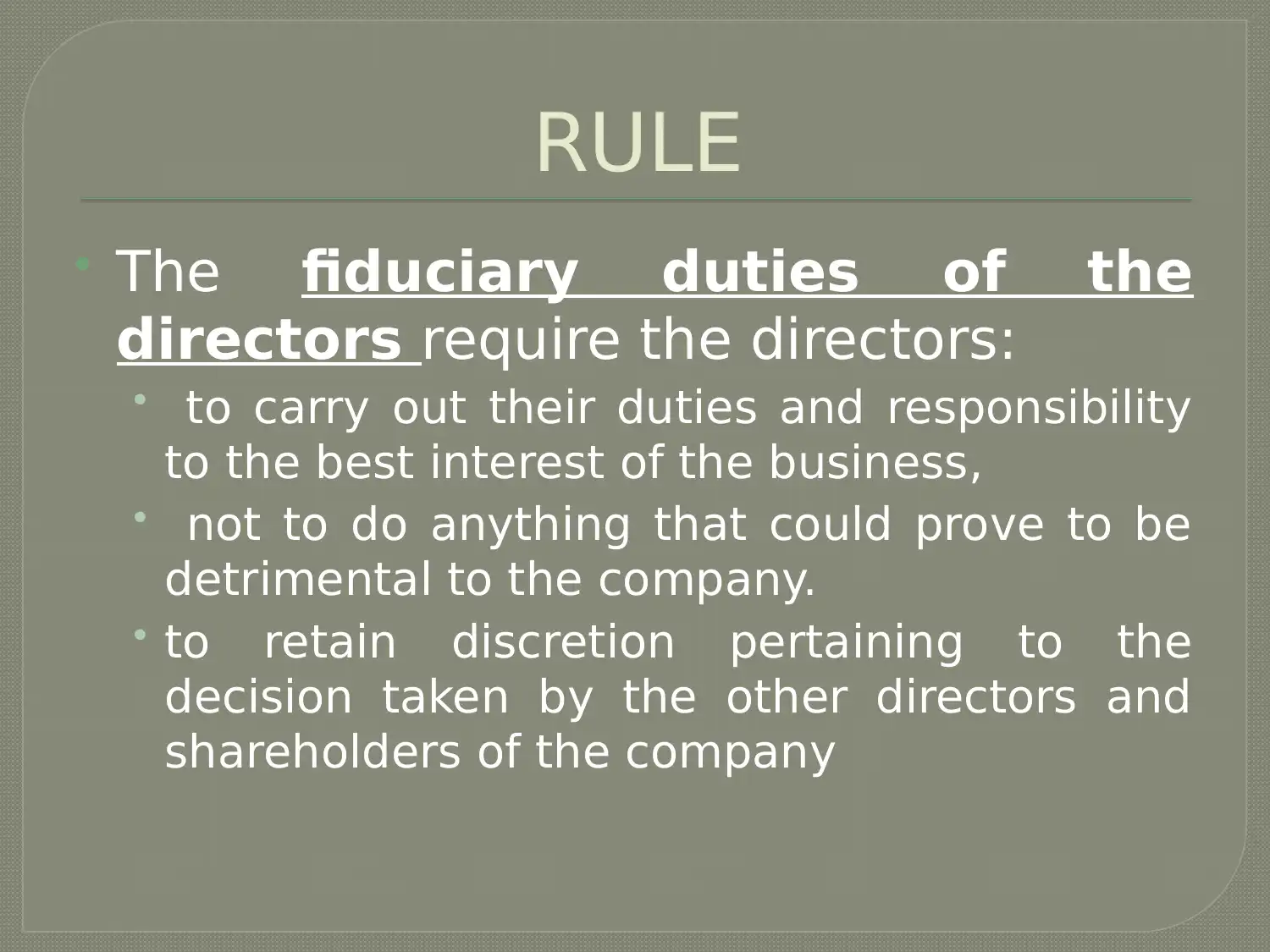
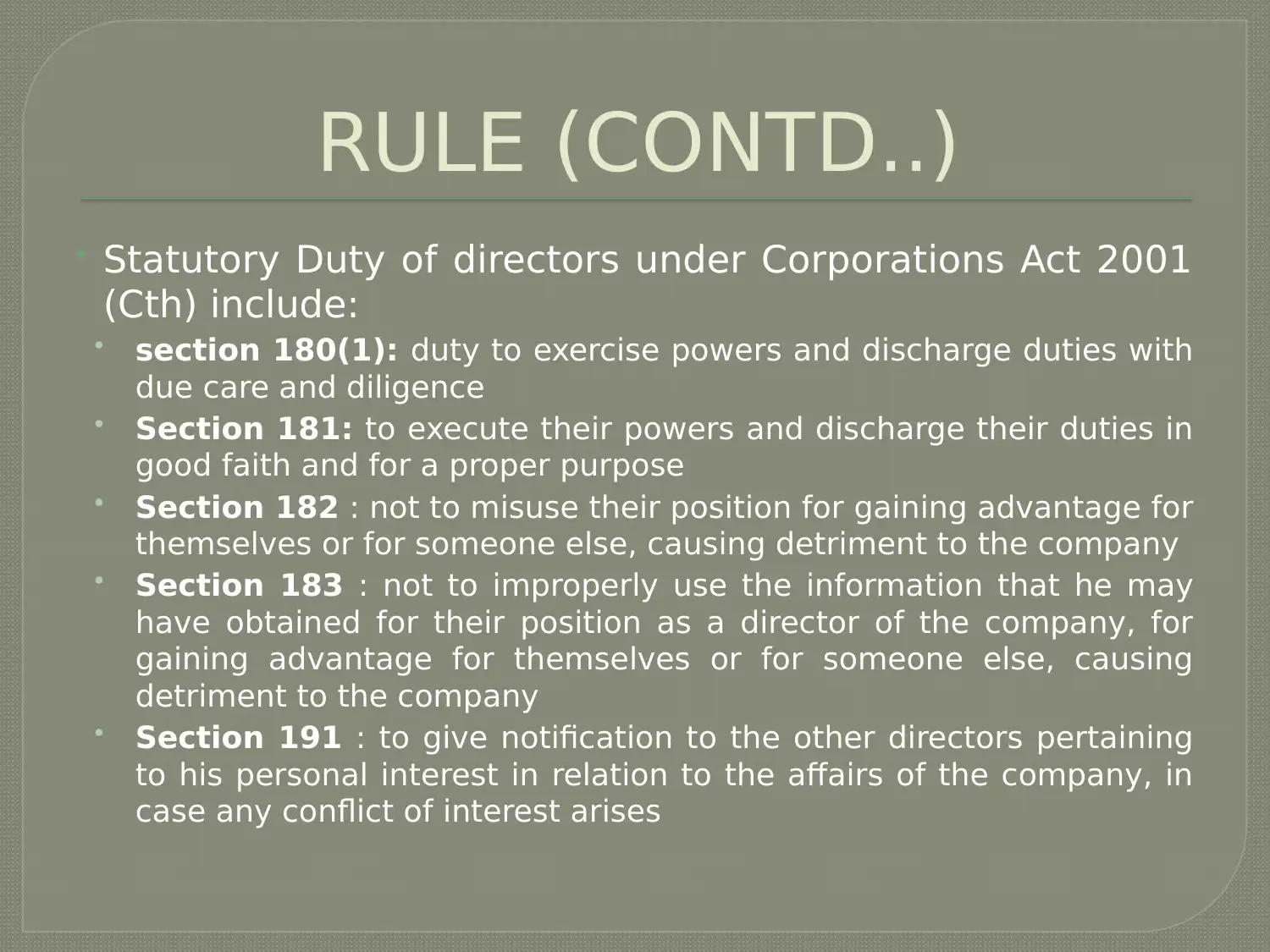






![[object Object]](/_next/static/media/star-bottom.7253800d.svg)